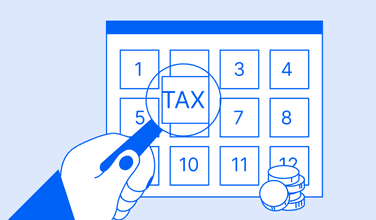Business insights from Osome Blog
Our articles help you with navigating the intricacies of running a company in the UK. From checklists to roadmaps and clear explanations of bureaucratic rules, we provide you with all the essential information you need.
Topic

Foreigner's Guide9 min read
Setting Up An Offshore Company in the UK
Read

Running a Business12 min read
How to Start a Recruitment Agency: A Step-by-Step Guide for Success
Read

Accounting & Bookkeeping14 min read
Small Business Grants: What Is Available in the UK This Year?
Read
Running a Business13 min read
How To Start a Business in 2025 in 10 Steps — A Comprehensive Guide
Read

Get expert tips and business insights
By clicking, you agree to our Terms & Conditions,Privacy and Data Protection Policy
We’re using cookies! What does it mean?

